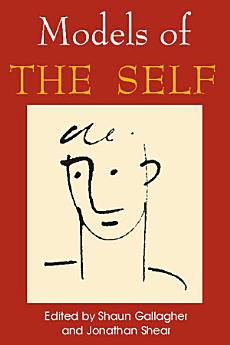Models of the Self
Oct 2013 · Andrews UK Limited
1.0star
1 reviewreport
Ebook
913
Pages
family_home
Eligible
info
reportRatings and reviews aren’t verified Learn More
About this ebook
A long history of inquiry about human nature and the self stretches from the ancient tradition of Socratic self-knowledge in the context of ethical life to contemporary discussions of brain function in cognitive science. It begins with a conflict among the ancients. On one view, which comes to be represented most clearly by Aristotle, the issue is settled in terms of a composite and very complex human nature. Who I am is closely tied to my embodied existence. The other view, found as early as the Pythagoreans, and developed in the writings of Plato, Augustine and Descartes, held that genuine humanness is not the result of an integration of 'lower' functions, but a purification of those functions in favour of a liberating spirituality. The animal elements are excluded from the human essence. The modern debate on the problem of the self, although owing much to the insights of Locke and Hume, can still be situated within the context of the two schools of ancient thought, and this has led many to despair over the lack of apparent progress in this problem. Today, of course, we often tend to look to science rather than philosophy to develop our understanding of a wide range of fundamental issues. To what extent is the problem of the self a scientific issue? Can insights from the study of neuropsychology and cognitive development in infancy provide a new perspective? Can the study of schizophrenia and dissociative identity disorders tell us anything about the nature of human self-consciousness? Many would answer yes to the above questions, but then is it not also the case that the study of exceptional 'self-actualised' human experience is equally relevant? And can the phenomenological tradition, dedicated to the systematic study of human experience, and contemporary analytic approaches in philosophy help us out of some of the impasses that have bedevilled the empiricist tradition? MODELS OF THE SELF includes all these perspectives in an attempt to cast light on one of the most intractable problems in science and the humanities.
Ratings and reviews
1.0
1 review
Rate this ebook
Tell us what you think.
Reading information
Smartphones and tablets
Install the Google Play Books app for Android and iPad/iPhone. It syncs automatically with your account and allows you to read online or offline wherever you are.
Laptops and computers
You can listen to audiobooks purchased on Google Play using your computer's web browser.
eReaders and other devices
To read on e-ink devices like Kobo eReaders, you'll need to download a file and transfer it to your device. Follow the detailed Help Center instructions to transfer the files to supported eReaders.






